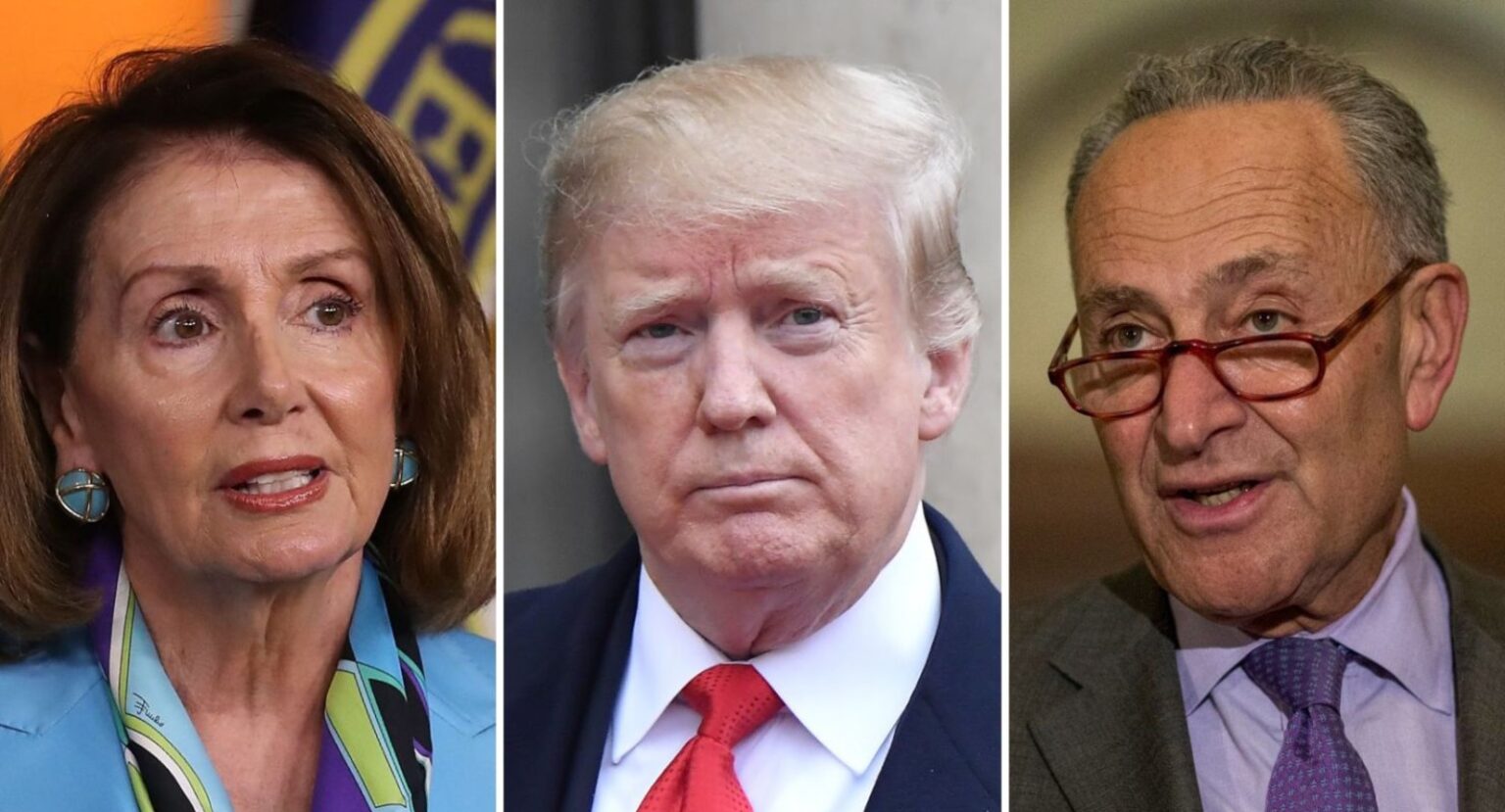Senate Minority Leader Chuck Schumer may ultimately choose to step down from his leadership role rather than face an ouster from within his own party, according to political analysts. The longtime New York senator has faced increasing criticism from fellow Democrats after backing a Republican-led government funding bill that was overwhelmingly rejected by House Democrats. Despite growing calls for his resignation, Schumer remained defiant during an appearance on NBC’s Meet the Press on Sunday, stating, “I’m not stepping down.”
Political analyst Danielle Vinson, a professor at Furman University, told Newsweek that Schumer may be considering a “graceful exit” before his term expires in January 2029, though she doubts he will be forcibly removed from his Senate leadership position. The controversy stems from Schumer’s March 14 vote in favor of a stopgap spending bill supported by President Donald Trump, alongside eight other Senate Democrats and independent Senator Angus King of Maine, who caucuses with the party. The move, intended to prevent a government shutdown, has deepened internal divisions within the Democratic Party.
Speculation has also arisen about the possibility of Representative Alexandria Ocasio-Cortez launching a primary challenge against Schumer, even though he is not up for reelection until 2028. Ocasio-Cortez, nearly 40 years Schumer’s junior, represents the progressive wing of the party and is widely viewed as part of a younger generation pushing for a leftward shift. Analysts suggest that if Democratic losses continue through the 2026 midterms, the pressure on Schumer to step aside could intensify.
The debate over Schumer’s leadership was further fueled by remarks from members of his own party. On March 17, Senator Michael Bennet (D-Colo.) emphasized the importance of knowing “when it’s time to go,” hinting at the growing sentiment that new leadership may be necessary. Similarly, Rep. Glenn Ivey (D-Md.) stated on March 16 that it “may be time” for a change in Senate leadership following Schumer’s decision to back the contentious spending bill.
Political analysts warn that the Democratic Party’s internal conflicts could provide an opportunity for Republicans to make significant gains in the upcoming elections. Historically, the party in power loses congressional seats during midterms, and the current fractures within the Democratic Party could exacerbate those losses. Some conservatives argue that the party’s lack of unity and clear leadership is pushing it toward electoral disaster.
Cooper Rummell, writing for the Daily Signal, described the Democratic infighting as a “public confirmation that the party is severely splintered and beginning to self-destruct.” He asserted that Democrats currently lack “a true leader, a clear agenda, and a solid path toward winning the 2026 midterms.” Rummell criticized the party for failing to rebrand itself as a more cohesive force, stating that opposing a government shutdown could have been a political win, yet Democrats instead engaged in self-defeating behavior.
House Minority Leader Hakeem Jeffries (D-N.Y.) labeled the passage of the spending bill an “assault on the economy, health care, the social safety net, and veterans.” However, Rummell noted the irony of Jeffries’ stance, arguing that the shutdown he advocated for would have inflicted similar damage. Comparing Democratic struggles to Republican unity, he wrote, “Trump may occasionally pick fights with members of his own party, but at the end of the day, Republicans still move in the same direction. Democrats, on the other hand, are flailing—leaderless, visionless, and increasingly irrelevant.”
As Democrats continue to navigate internal divisions and public dissatisfaction, the future of the party remains uncertain. With the 2026 midterms looming, Schumer’s leadership could face even greater scrutiny, and his decision to remain in power—or step aside—could have lasting consequences for the party’s trajectory. If the fractures persist, conservatives believe 2026 could mirror the Democratic setbacks of previous elections, paving the way for another Republican wave.
